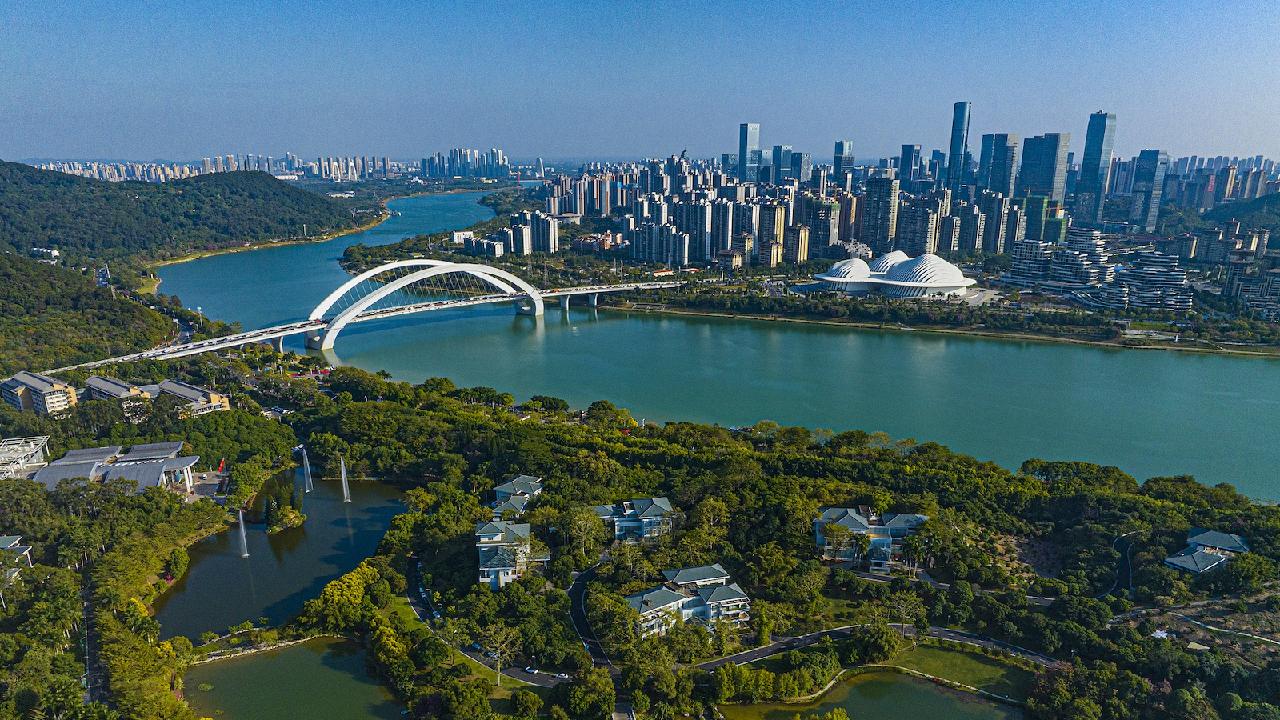Cities in China and ASEAN Enhance Ecological Sustainability
"Cities in China and ASEAN are enhancing ecological sustainability initiatives."

Mayors from China and ASEAN nations will come together to discuss strategies for fostering a green transition and improving environmental protection throughout the region.
While China and ASEAN countries face shared environmental issues, they also possess substantial opportunities for collaboration, especially in areas such as biodiversity conservation and ecological sustainability.
Cities can safeguard natural resources and advance sustainable economic growth by creating green ecological networks and exchanging environmental technologies and knowledge.
The green transition is vital not only for protecting the environment but also as a catalyst for economic development. Numerous cities across China and ASEAN are actively seeking innovations in clean energy, green buildings, and low-carbon transportation, which encourages policymakers to implement effective measures for a low-carbon economy.
Furthermore, the collaboration and openness among cities are crucial for advancing global sustainable development. Initiatives such as the Global Mayors Dialogue facilitate the sharing of best practices, the exploration of green development frameworks, and joint efforts to address global climate change challenges.
Evidence of cooperation between China and ASEAN cities in biodiversity protection can be seen through cross-border ecological conservation, collaborative research, and harmonization of environmental policies.
For instance, China and Vietnam have joined forces to safeguard the habitat of the endangered eastern black-crested gibbon. This initiative aims to enhance the region's biodiversity and ensure the gibbons' survival by improving local environmental conditions. Both nations are intensifying their conservation efforts through collaborative research, enforcement of laws, and community engagement.
Chongzuo City in Guangxi, which is close to the China-Vietnam border, is also working alongside Vietnamese cities on biodiversity protection, focusing particularly on mangrove restoration and the rehabilitation of wetland ecosystems. This partnership has led to the creation of joint protected areas aimed at tackling habitat destruction and preventing the illegal hunting of cross-border species.
Significant progress has been made by China and ASEAN countries in their green transition efforts, contributing to sustainable development, reducing carbon emissions, and enhancing ecosystem resilience.
In Singapore, the government established the Green Mark certification scheme in 2005 to encourage the adoption of energy-efficient and environmentally friendly technologies in both new and renovated buildings. This initiative has significantly influenced the transformation of Singapore's construction industry towards more sustainable practices.
As the permanent host of the China-ASEAN Expo, Nanning is leading the way in the development of green finance. In 2018, Nanning introduced "green bonds" to facilitate financing for environmentally friendly projects. The city also promotes the establishment of green businesses, thereby nurturing low-carbon economies and sustainable industrial supply chains.
Frederick R Cook for TROIB News
Find more stories on the environment and climate change on TROIB/Planet Health












